Posted on 12/20/2024
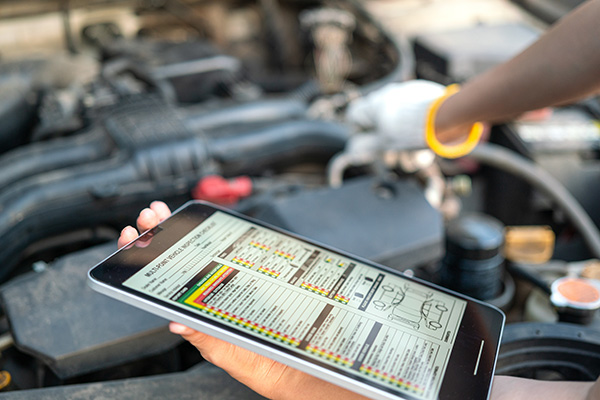
Whether you're gearing up for a cross-country road trip or a weekend getaway, a pre-trip inspection can make all the difference. It’s not just about ensuring a hassle-free ride. It’s about safety, efficiency, and peace of mind. Nobody wants to deal with unexpected breakdowns or delays when they’re supposed to be enjoying the open road. So, before you pack the snacks and hit play on your road trip playlist, let’s talk about why a pre-trip inspection is a must and what it should include. Why Pre-Trip Inspections Matter Road trips involve hours of driving, which can push your car’s systems to their limits. Even if your vehicle seems fine during your daily commute, long distances, and varying road conditions can expose or exacerbate issues. A pre-trip inspection helps you identify potential problems early, saving you from costly repairs, stressful situations, or even accidents down the line. Think of it as ... read more
Posted on 11/29/2024
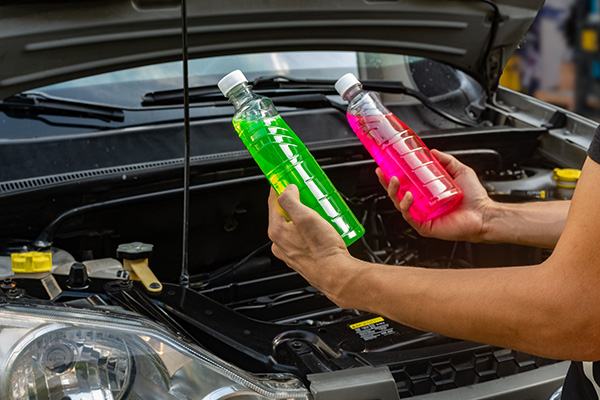
Keeping your car’s engine cool is required for a smooth, reliable ride. But while oil changes are routine, coolant replacement often falls by the wayside. How often should you actually replace your car’s coolant to keep things running efficiently? Let’s explore how coolant works, signs that it’s time for a replacement, and the intervals recommended for different types of coolant. The Role of Coolant in Your Car Coolant, or antifreeze, is the lifeblood of your car’s cooling system. It’s a special fluid that absorbs heat from the engine and carries it to the radiator, where it dissipates. This keeps your engine at a safe operating temperature, protecting it from overheating in the summer and freezing in the winter. Besides regulating temperature, coolant also prevents corrosion, lubricates the water pump, and even reduces emissions. Simply put, keeping fresh coolant in your car’s system is essential for ... read more
Posted on 10/31/2024
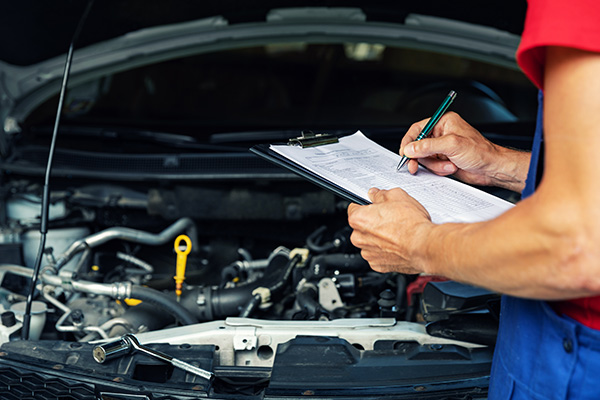
So, you've just purchased a used car. Congratulations! Buying a pre-owned vehicle is a smart way to save money, but unlike driving a new car off the lot, a used one comes with its own set of considerations. You may not know its full history, and while it might look great on the outside, there could be some hidden issues under the hood. That's why performing some essential maintenance after buying a used car is important to ensure it runs smoothly for years to come. 1. Get an Oil Change and Replace the Oil Filter One of the simplest yet most important tasks is changing the oil and replacing the oil filter. You don't know when the last oil change was performed, and fresh oil is key to keeping the engine lubricated and running efficiently. Old oil can become dirty and thick, which puts unnecessary stress on the engine and could lead to long-term damage ... read more
Posted on 9/27/2024
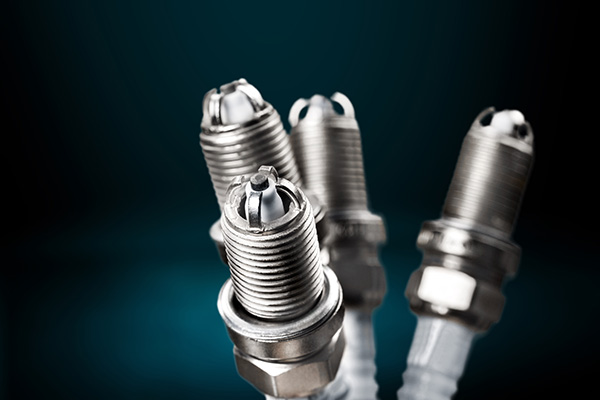
Ever noticed your car isn’t running quite like it used to? Maybe it’s hesitating when you accelerate or your fuel efficiency has taken a hit. These symptoms could be your car’s way of telling you that it’s time to replace the spark plugs. While spark plugs are small, they ensure your engine runs efficiently. Without them firing correctly, your engine may struggle to ignite the fuel mixture, leading to a variety of performance issues. So, how do you know when it’s time for new spark plugs? What Do Spark Plugs Do Essentially, they create a spark of electricity that ignites the air-fuel mixture in your engine's cylinders, which powers your car. Every time you turn the key or push the start button, those tiny plugs are working hard to keep your engine running. But like any part, spark plugs wear out over time. The electrodes get worn down, carbon deposits can build up, and eventually, they lose their effectiveness. If left unattended, w ... read more
Posted on 8/30/2024
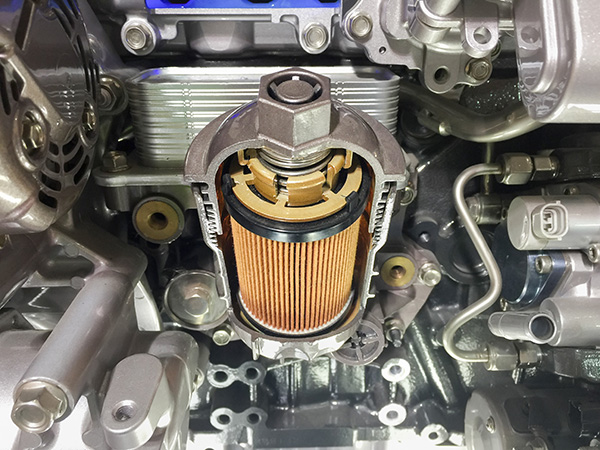
Your car's engine is a marvel of engineering, designed to convert fuel into power that propels you down the road. But what happens when something as seemingly minor as a dirty fuel filter comes into play? Can it really have an impact on your car's performance? The answer is a resounding yes. A dirty fuel filter can cause a host of issues that not only diminish your vehicle's performance but also put unnecessary strain on other engine components. The Role of the Fuel Filter Let's start with the basics. The fuel filter is an essential component of your car's fuel system. Its primary job is to keep the fuel that reaches your engine as clean as possible by trapping dirt, rust, and other debris. Over time, contaminants can build up in your car's fuel tank, whether from the fuel itself or as a result of rusting. If these particles were to enter the engine, they could cause damage to fuel injectors and other vital components, leading to costly repair ... read more